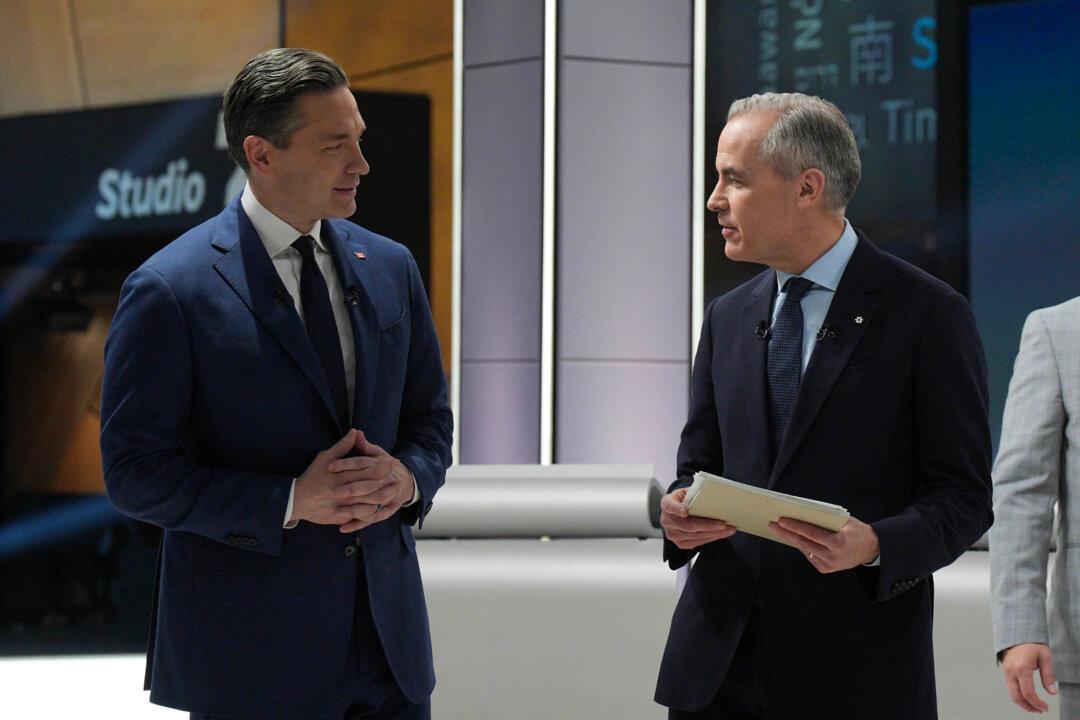While the recent federal election was mainly a contest between the Liberals and Conservatives, most Canadians say they don’t think the country would be better off with a two-party system, a new poll suggests. Meanwhile, most NDP and Bloc Québécois supporters say they don’t want an election in the next two years.
Nearly half of Canadians say they don’t favour the idea of two parties dominating the political landscape in Canada, while just over 21 percent say the country would benefit from it, according to a recent Leger poll conducted for the Association for Canadian Studies. Nearly 30 percent said they didn’t know.





